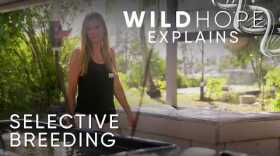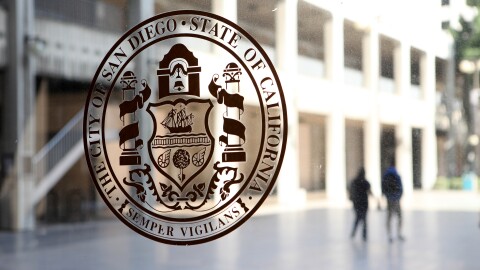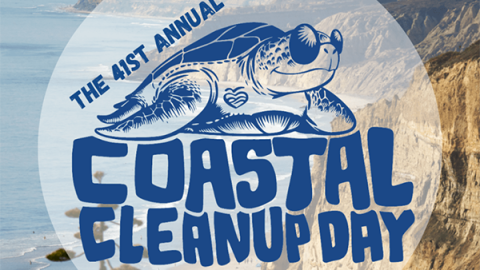Kelly Thornton
Investigative Newsource ReporterKelly Thornton is an investigative reporter with Investigative Newsource, a nonprofit journalistic enterprise embedded within the KPBS newsroom. Together they produce investigations and data analysis. Prior to joining the Institute in the fall of 2010, Thornton spent almost two decades at The San Diego Union-Tribune, where she covered everything from city government, military and law enforcement to transportation, politics and business. Ultimately she specialized in criminal justice and legal affairs, winning numerous awards for breaking some of the region’s biggest stories, including the exclusive details of the lives of San Diego-based Sept. 11 terrorists and their associates, the Heaven’s Gate mass suicide, the San Diego killer of fashion designer Gianni Versace, the firing of U.S. Attorney Carol Lam, and many others. In one investigation, Thornton exposed how the city’s most influential and well-connected lobbyists were skirting laws requiring them to publicly disclose their activities. The story prompted a crackdown on lobbyists. In another, she reported the plight of four Iranian brothers, who at the time were the nation’s longest-held post-Sept. 11 detainees. They remained in custody without charges for more than three years, and were eventually released. Thornton is a San Diego native. She is a graduate of Westmont College in Santa Barbara and lives with her husband, son, and Chesapeake Bay Retriever “Dude” in Ocean Beach. She is a 25-time marathoner and a singer in a band.
-
Stream now with the PBS app + YouTube. We’ve been selectively breeding dogs, crops, and livestock for thousands of years — but to select for resilience in threatened wild species is a new arena. In the case of coral polyps, natural selection shows a promising future for corals able to withstand rising temperatures and resist coral bleaching. So can researchers kick this natural process into high gear fast enough to save coral reefs?
-
We’ve been selectively breeding dogs, crops, and livestock for thousands of years — but to select for resilience in threatened wild species is a new arena. In the case of coral polyps, natural selection shows a promising future for corals able to withstand rising temperatures and resist coral bleaching. So can researchers kick this natural process into high gear fast enough to save coral reefs?
-
Stream now with the PBS app + YouTube. Light pollution confuses and disorients seabirds around the globe, luring them towards land — and potentially dangerous situations. However, one Icelandic community has banded together to save lost young puffins.
-
Light pollution confuses and disorients seabirds around the globe, luring them towards land — and potentially dangerous situations. In the Westman Islands off the southwest coast of Iceland, however, one community has banded together to save lost young puffins.
-
The Emmy Award-winning journalist joins from Scripps News, where she’s served as a national security correspondent since 2024, while also covering disinformation. She will join the NEWS HOUR on September 15. PBS NEWS HOUR is available to stream with the PBS app and airs Monday - Friday at 7 p.m. on KPBS TV.
-
Labor unions are trying once again to regulate self-checkout lanes at California stores. This year’s bill waters down a version that died last session, but businesses still warn it will increase costs and lead to consumer frustration.
- County official overseeing animal shelters complained of 'shit dogs,' too few euthanasias in voice message
- 20 free ways to explore San Diego Design Week 2025
- New trash cans are coming to San Diego curbs in October
- Encinitas rescinds vote on ICE emergency, then reaffirms most prior actions
- Kirk shooting videos spread online, even to viewers who didn't want to see them









